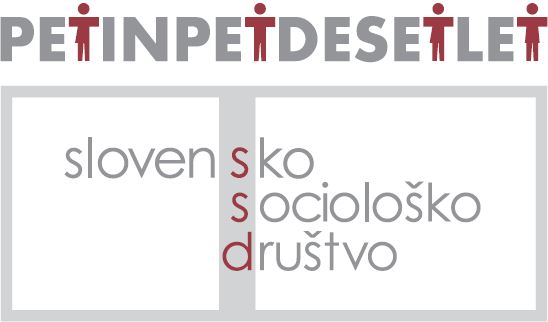Social Science Forum 92 (XXXV)
Slovenian Daily Newspaper Coverage of Women’s Sports in 2015
Simon Ličen, Barbara Bejek
ABSTRACT: The article presents a quantitative analysis of 3,155 articles on sports published by the Delo and Slovenske Novice newspapers in 2015. The theoretical framework guiding the study includes the concepts of gatekeeping, agenda-setting and symbolic annihilation of women’s sports. Women’s sports receive less coverage than men’s (10.4–12.5 vs. 74.9–79.4 percent). Articles on women’s sports are shorter, less detailed and focus on individual sports. However, female athletes are not necessarily annihilated or consistently misrepresented. Other findings provide an insight into selected trends in sports reporting in Slovenia, including the amount of coverage dedicated to different topics and sports.
KEY WORDS: sports journalism, symbolic annihilation, agenda-setting, content analysis, representation of women’s sports
>> Download
Universal Basic Income and Women: An Analysis of Potential Impact
Ana Jagodic
ABSTRACT: This article examines universal basic income (UBI) from a gender perspective, more closely examining the impact of the possible introduction of UBI on selected groups of women. We first highlight the key aspects of gender inequality that give rise to arguments in support of UBI. Second, we present a qualitative study based on in-depth semi-structured interviews, which analyses the potential held by UBI to improve the position of specific groups of women in less secure social situations (unemployed women, precariously employed women, single mothers and retired women who live alone). Based on their life experiences, we find that the UBI holds great potential for improving the position of women in selected groups, with an emphasis on a higher quality of life and enhanced possibilities for autonomous decision-making and life choices.
KEY WORDS: universal basic income, women, gender inequalities, social security,
quality of life
>> Download
Importance of Social Networks in Revitalising Former Industrial Urban Areas – Renewal of the Former Tobacco Factory in Ljubljana
Matjaž Uršič, Primož Medved
ABSTRACT: Analysis of social networks in areas undergoing intense urban transformations are becoming an ever more important topic in spatial planning. The growing attention given to social networks is due to the rise of problems and conflicts stemming from disregard of the ‘soft’, i.e. social, components in the local environment. The problem of stakeholders’ participation and empowerment in spatial planning is, in fact, one of ignoring or not recognising the importance of the social networks that exist between actors in space. The article analyses the roles and meanings of social networks with respect to the development of certain types of socio-economic activities in former industrial areas. Using data collected from semi-structured interviews in the area of former Tobacco Factory in Ljubljana, it analyses the types, intensity and expansion of social networks.
KEY WORDS: social networks, revitalisation, former industrial areas, social spatial nodes, Tobacco Factory Ljubljana
>> Download
The segmentation of the Yugoslav communist elite, 1943-1972
Sergej Flere, Tibor Rutar
IZVLEČEK: The communist elite of Yugoslavia established Yugoslavia anew during World War II. A federal communist arrangement was put in place, with the period shifting from an almost totalitarian regime towards an operationally consociational one. In this paper, we question the issue of the homogeneity and very existence of the Yugoslav ruling communist elite in the period 1943–1991. We focus on decision-making, discussions and purges by considering newly available archival sources. The article finds that while the elite was successful in taking power it was not long before the elite started to be ethnically segmented. The origins of this segmentation related to how resolution of the national question of the nations at issue was understood, in turn further driving the segmentation process. Overall, we argue that individual national elites were already established by 1972.
KEY WORDS: Yugoslav elite, communism; purges, Politburo, elite segmentation
